Barsam Mohammadi – Regional Affairs Expert
The Zionist regime’s “destructive” exploitation of new technologies equipped with artificial intelligence in the Gaza war is one of the important and inhuman issues that, unfortunately, despite the abundant documentation and warnings that have been given so far, has received little attention from international communities. This is in a situation where the Israeli regime is the only regime in the world that uses artificial intelligence operationally in war, and it must be contained.
The Israeli regime’s use of new weapons is so extensive that Gaza has for months become a large stage for “testing” weapons whose use against civilians and in armed conflicts is contrary to the provisions of international law.
In addition to the smart and suicide systems, including suicide drones, smart bombs, etc., that have been used to destroy Gaza and its people, some reports and field evidence have recently been published from inside Gaza, showing that the Israeli army is continuously using advanced and new technologies, such as remote-controlled explosive robots, in targeted operations, especially in the cities of Rafah and Khan Yunis in southern Gaza. Given the importance of this issue and the need to recognize the shocking dimensions of the regime’s artificial intelligence killing machine in Gaza, we can mention other new tools that the Israeli regime is using destructively: Including a “chatbot” trained in several Arabic dialects that helps the regime’s military gauge public sentiment, an AI-powered “voice app” that identifies targets based on sounds such as sonic bombs and airstrikes, a virtual reality system that helps soldiers scan urban war zones, and a facial recognition app that matches hidden or injured faces with real identities; tools that not only lead to the targeting of civilians and their mass killing, but also to unlawful detentions.
The Israeli regime’s use of new AI-powered weapons is a clear violation of international and humanitarian law, as these tools are uncontrollable and their impact cannot be limited to specific military objectives, often resulting in the killing of civilians.
Although there is currently no specific international treaty on the use of autonomous and AI-based weapons in armed conflict, there is no doubt that the use of such tools, such as those widely used by the Israeli regime in Gaza, constitutes a war crime and is contrary to the principles and rules of international humanitarian law.
For example, Protocol I Additional to the 1949 Geneva Conventions stipulates that States must comply with their obligations to determine whether the use of a new weapon, means or method of warfare is prohibited by international humanitarian law or other relevant laws and rules in some or all circumstances at the time of research, development, acquisition or possession of that weapon.
The regime’s extensive use of AI-powered tools in the Gaza war marks an unprecedented development in modern warfare. This could establish dangerous new norms that, if left unchallenged and without the implementation of legal barriers, may become a permanent trend. Furthermore, the AI-powered systems and tools we have seen so far are minimal compared to the many more that are likely to be introduced in the near future.
This issue and the Zionist regime’ inhumane and devastating exploitation of these tools is a severe warning to the international community, which, while holding the regime accountable for its actions, must act as soon as possible to draft and ratify a convention or treaty that “limits and prohibits” the unconventional use of self-controlled and modern weapons in this new environment, to prevent similar incidents that may occur in other future wars.


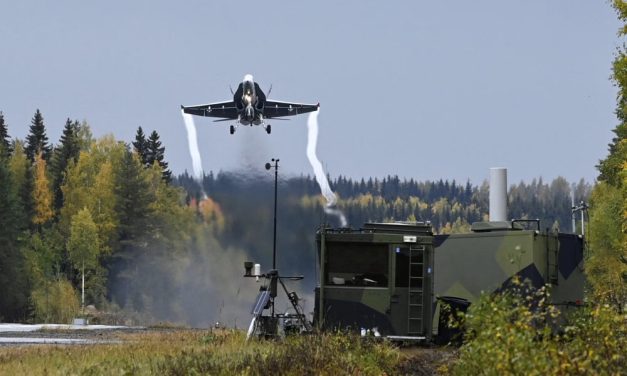
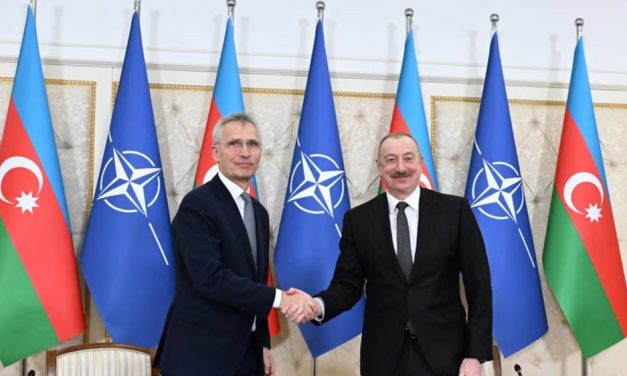
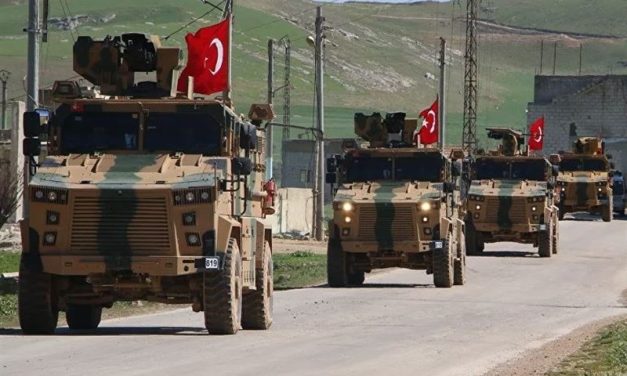
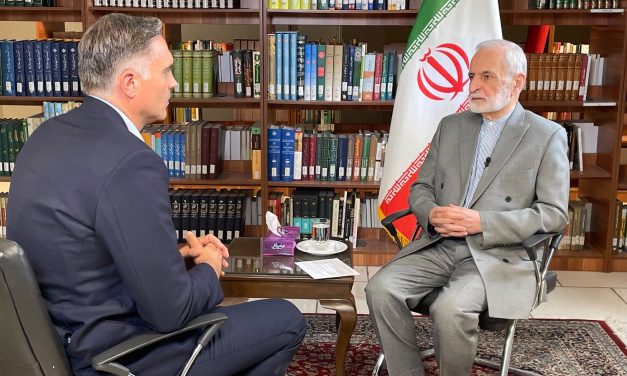
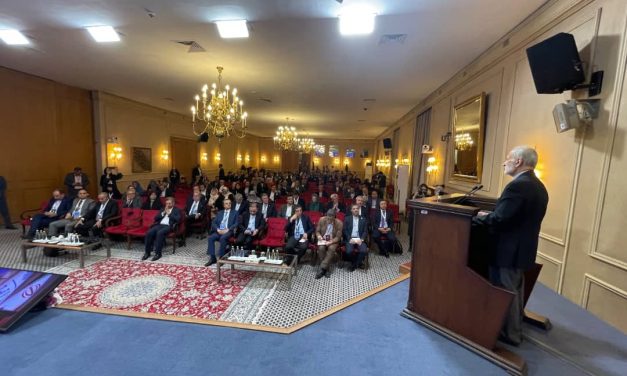
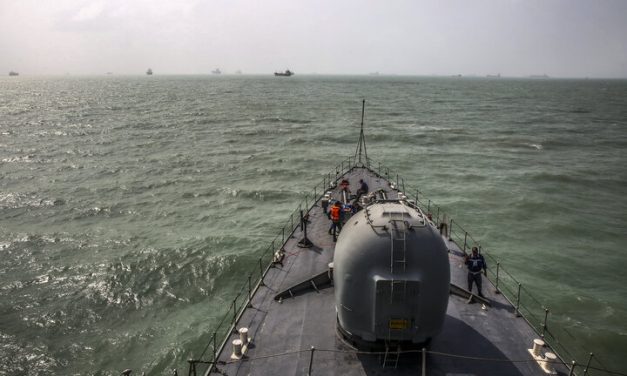


0 Comments